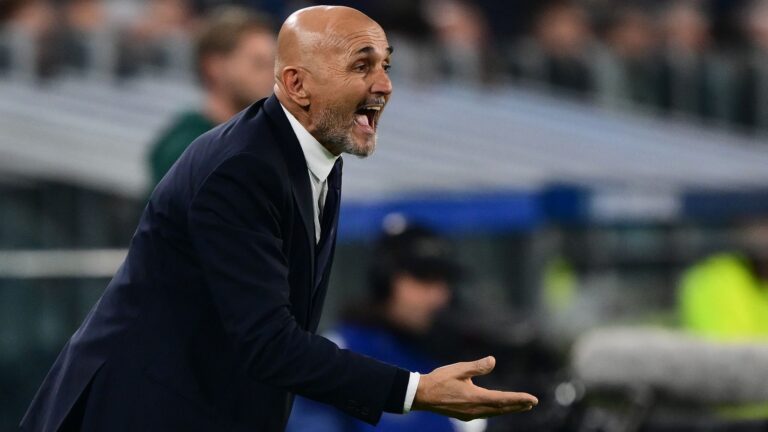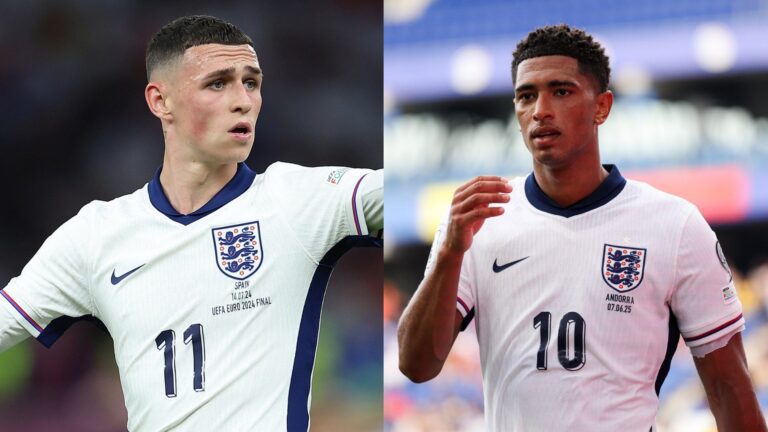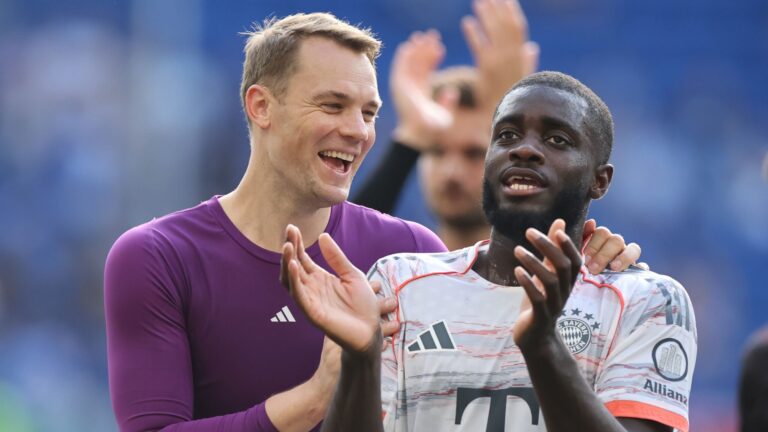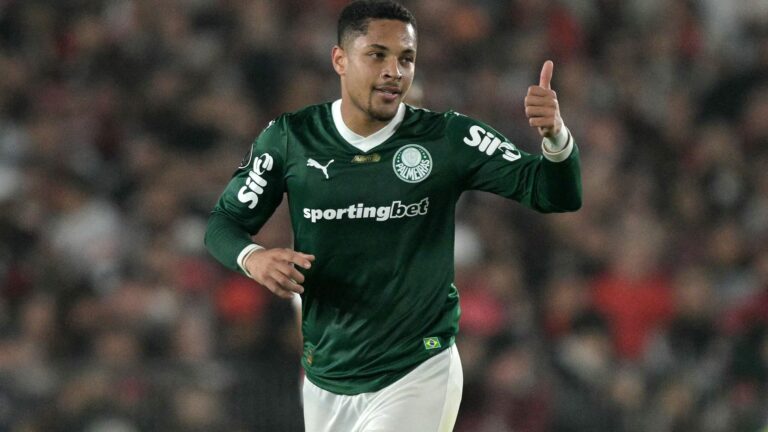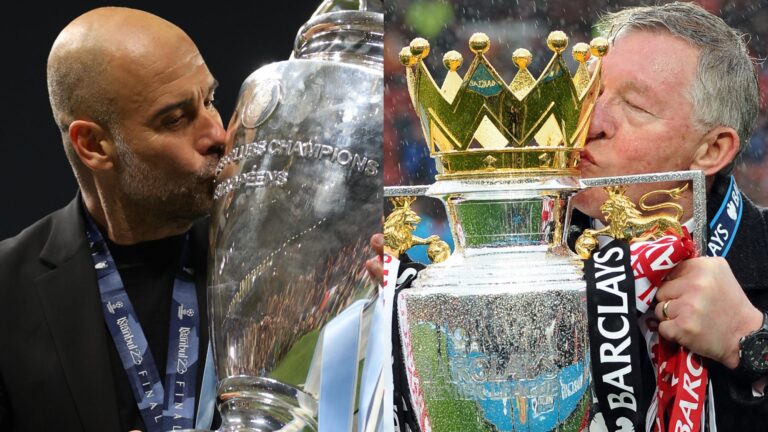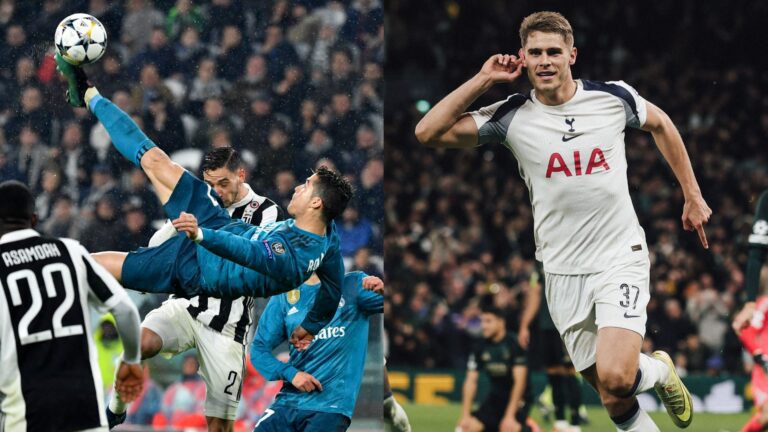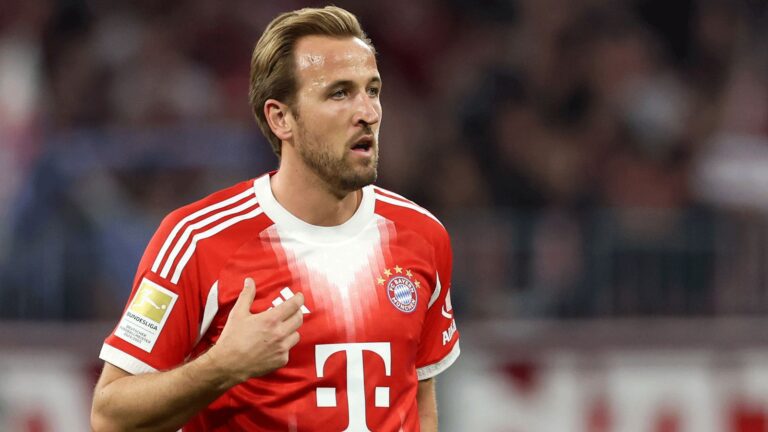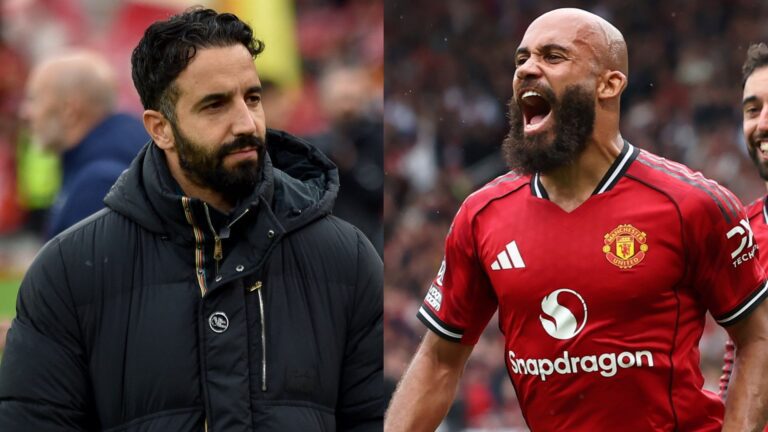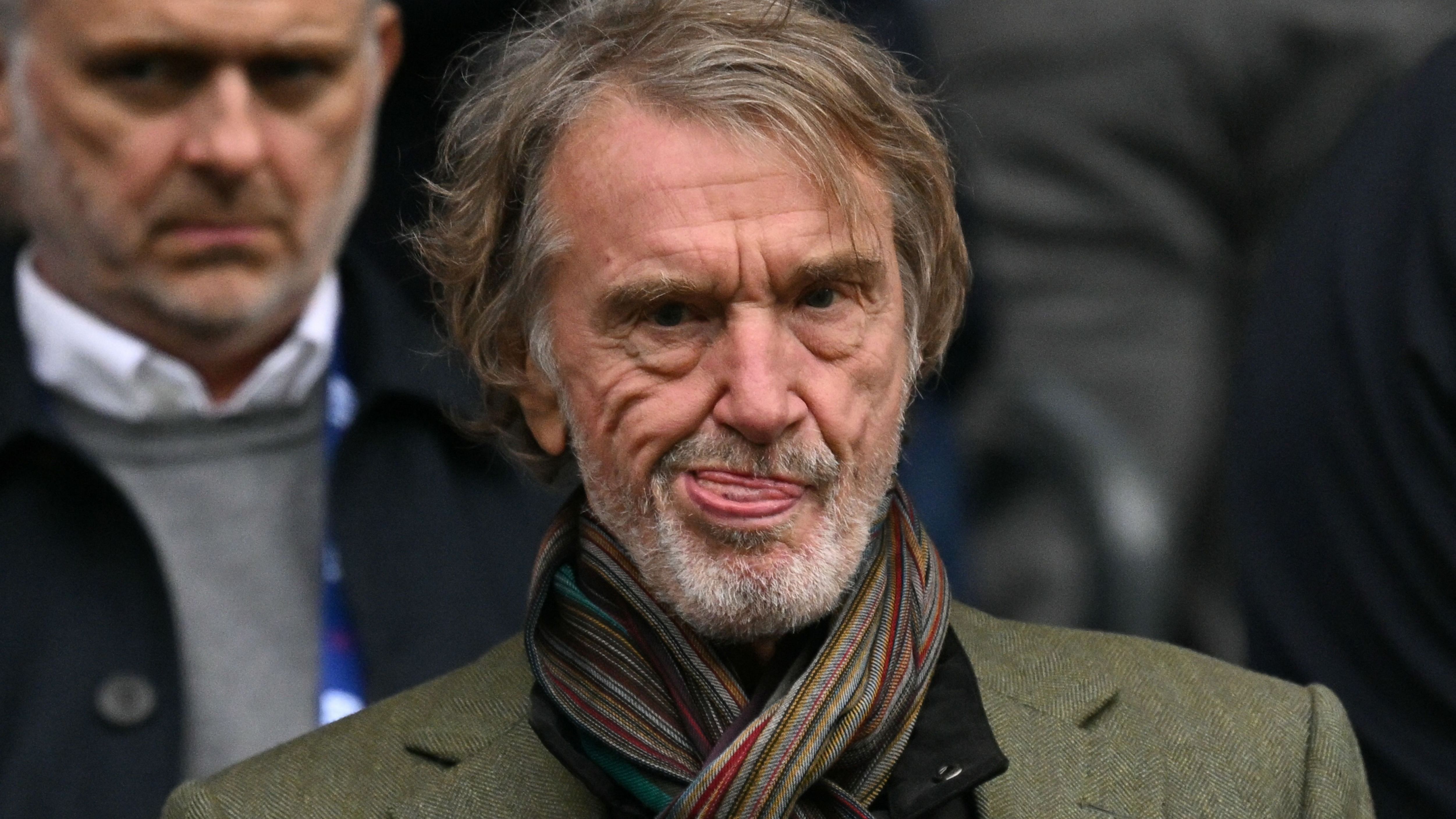
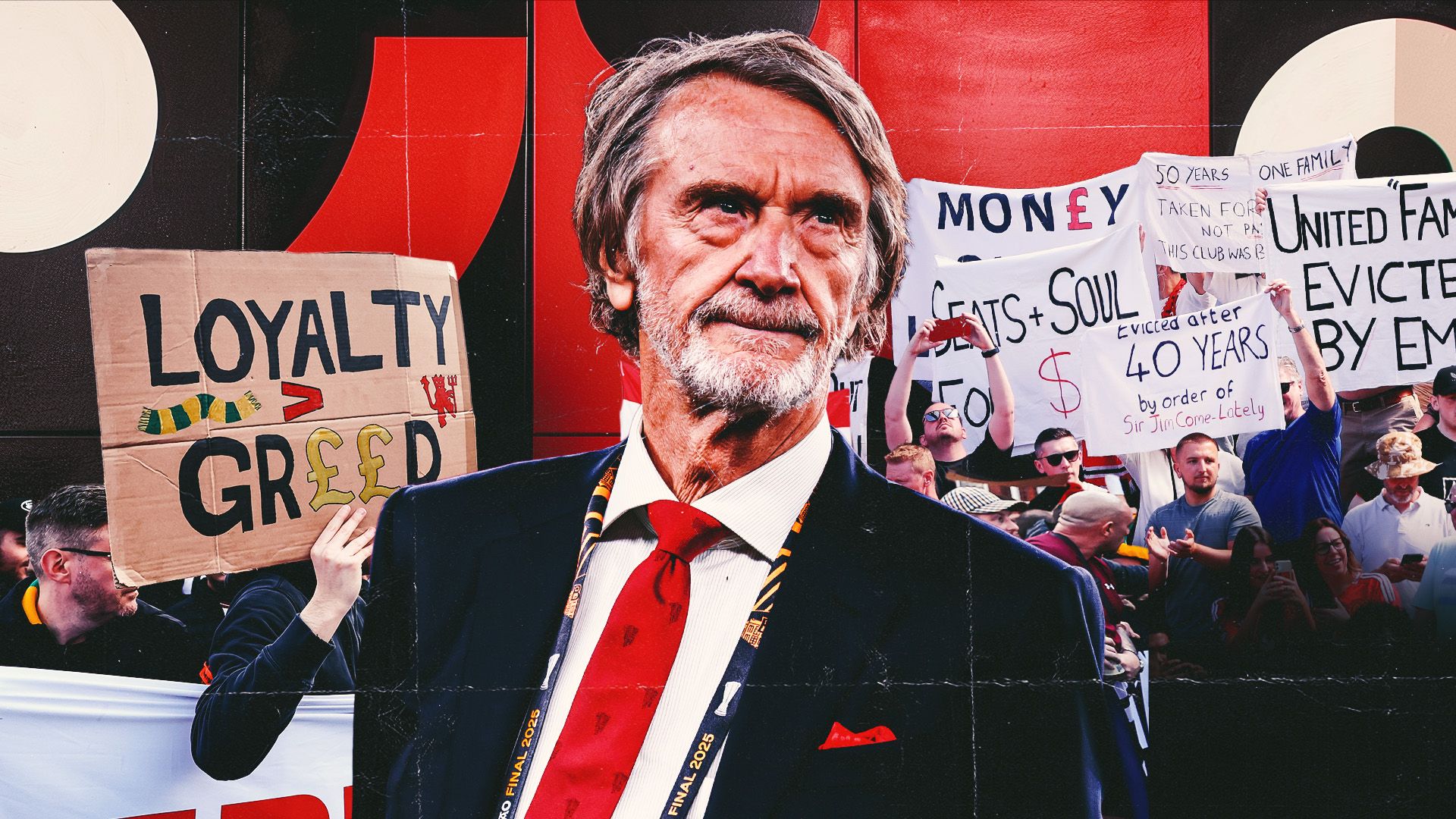
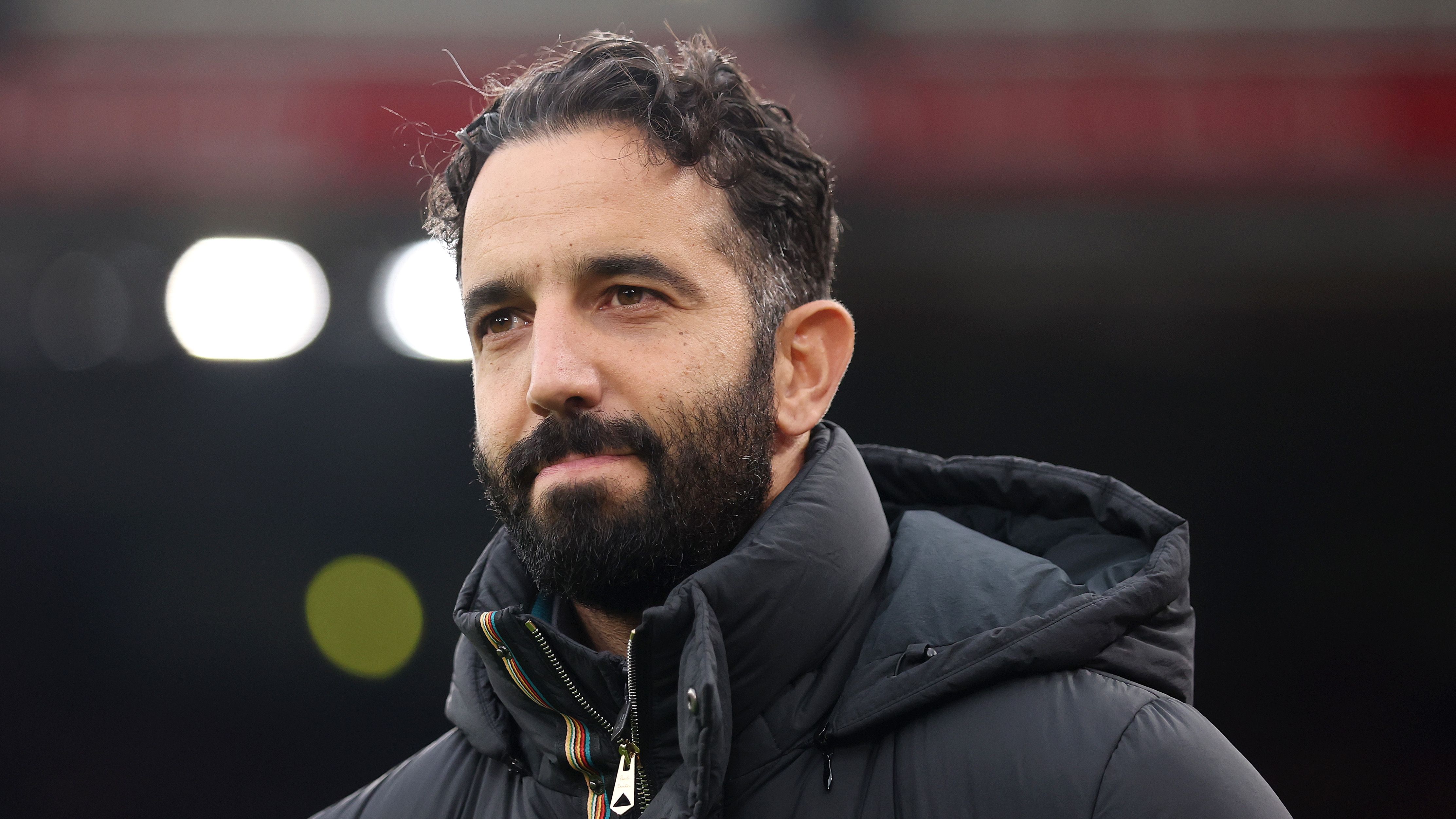
Unpacking the Controversy: Sir Jim Ratcliffe’s Bold Claims on Manchester United Academy
In the wake of British billionaire Sir Jim Ratcliffe’s pointed remarks, Manchester United academy stakeholders are left questioning the narrative around their youth development program. During a recent discussion on The Times’ The Business podcast, Ratcliffe highlighted concerns that the club’s renowned youth setup has declined in recent times, stressing the need for consistent talent production to bolster both performance and finances. He noted that addressing such issues requires sustained effort, mentioning the recent hire of a new academy leader as a step forward.
Contrasting Views: Parents Praise the Academy Amid Ratcliffe’s Doubts
Just before Ratcliffe’s statements gained attention, a survey at a parent-player gathering revealed strong support for the academy, with an overwhelming 80 percent of respondents expressing contentment with their children’s progress and experiences.
Parent Perspectives: A Disconnect from Leadership Comments
One parent shared with The Sun that Ratcliffe’s assertions fail to capture the true sentiment among families involved with the club. Instead, his words have introduced uncertainty, potentially prompting some to reconsider their commitment and explore options elsewhere. Despite this, the parent emphasized that most are content with the setup at Manchester United, pointing to excellent training fields, top-notch locker areas, a newly launched lounge for parents, and access to advanced training resources shared with the senior squad for fitness and recovery purposes.
Underlying Tensions: Coaches and Families Question the Agenda
This positive feedback stands in stark contrast to Ratcliffe’s outlook, as many parents believe he may be pursuing a separate motive that doesn’t reflect daily realities. Coaches are working hard to stay positive and maintain morale, yet it’s evident that the comments have impacted them deeply, leaving them puzzled about the basis of such criticism.
Leadership Shifts at Manchester United Academy
Following Nick Cox’s move to Everton as technical director, Manchester United brought in Stephen Torpey to lead the academy. Over Cox’s nine-year tenure, an impressive 35 young prospects earned their first-team spots, featuring talents such as Kobbie Mainoo, Alejandro Garnacho, Marcus Rashford, and Scott McTominay.
Academy Performance Metrics: A Strong Track Record
From 2019 to 2024, graduates from the academy contributed to 25 percent of first-team playing time, placing second only to Bayern Munich among elite European leagues. Additionally, in the 2024-25 season, the club stood second in the Premier League for opportunities given to teenage players.
New Directions Under Torpey
With his prior collaboration alongside Manchester United’s director of football Jason Wilcox at Manchester City, Torpey is now tasked with managing the youth program and pushing for even greater achievements in player development.
Operational Changes and Their Impact
Early in the year, Manchester United outlined plans to eliminate another 200 positions, building on the previous 250 redundancies aimed at optimizing the organization under Ratcliffe’s guidance. The initial cuts notably affected academy personnel, with seven staff members-three of whom were long-time employees-being notified of potential job loss. The repercussions extended beyond adults, as some young players showed emotional distress upon witnessing their coaches’ reactions, while others stepped up to provide comfort during this tough period.
Explaining the Restructuring: A Message from Leadership
In addressing the upheaval, Cox communicated via email to parents that these layoffs were essential for transforming the club into a more efficient and adaptable entity, securing its long-term success in the competitive landscape.
Looking Ahead: Manchester United’s Recent Form and Ambitions
Having secured back-to-back Premier League victories against Sunderland and Liverpool for the first time under manager Ruben Amorim, Manchester United is now focused on extending this streak. The team faces a challenging match against Brighton on Saturday, with hopes of rising higher in the league rankings through continued strong play.
Understanding Sir Jim Ratcliffe’s Role at Manchester United
Who is Sir Jim Ratcliffe?
Sir Jim Ratcliffe is a prominent British billionaire and the founder of the petrochemical giant INEOS. He became a key figure in Manchester United’s ownership landscape in early 2024 when his company acquired a 25% stake in the club. This investment has positioned Ratcliffe as a major decision-maker, particularly in football operations, where he’s focused on revitalizing the team’s performance. For Manchester United fans and stakeholders, Ratcliffe represents a blend of business acumen and passion for the sport, but his straightforward approach has stirred controversy, especially regarding academy performance declines.
Ratcliffe’s background in high-stakes business means he doesn’t mince words when it comes to inefficiencies. In discussions about Manchester United youth players, he’s emphasized the need for the academy to produce top talent consistently, much like it did in the club’s golden era under Sir Alex Ferguson. This push for excellence has left many wondering how his vision aligns with the current state of affairs at the Carrington training complex.
His Influence on Club Strategy
Ratcliffe’s involvement has brought a fresh wave of scrutiny to Manchester United’s youth development programs. He advocates for a more data-driven and efficient academy system, pointing out that recent seasons have seen a dip in the number of homegrown players breaking into the first team. Keywords like “Manchester United academy performance” highlight how this issue has become a hot topic in football circles, with experts noting that only a handful of graduates, such as Kobbie Mainoo, have made significant impacts lately. Ratcliffe’s strategy includes potential investments in coaching and facilities, but his public criticisms have raised eyebrows among those directly affected.
The Criticism of Academy Performance Declines
Key Points of Ratcliffe’s Statements
Sir Jim Ratcliffe has openly criticized the Manchester United academy for what he calls “a noticeable decline in output.” In media interviews and internal meetings, he’s highlighted statistics showing fewer youth players making the leap to senior squads compared to rival clubs like Manchester City or Liverpool. For instance, data from football analytics platforms indicate that Manchester United’s academy ranked lower in producing first-team regulars over the past three seasons, with metrics like player debuts and international call-ups dipping by nearly 20%.
This criticism isn’t just about numbers; Ratcliffe has pointed to structural issues, such as outdated training methodologies and a lack of integration between youth and senior setups. Parents and Manchester United youth players are perplexed because they see dedicated efforts from young talents, yet Ratcliffe’s comments suggest systemic failures. Incorporating keywords like “Sir Jim Ratcliffe criticism of academy” naturally underscores the debate, as it reflects broader concerns about how elite clubs nurture their next generation.
Factors Contributing to the Decline
Several factors could be fueling the academy performance declines that Ratcliffe has targeted. Firstly, the intense pressure of modern football, including social media scrutiny and high expectations, might be overwhelming for young athletes. Bullet points below break this down:
- Increased Competition from Abroad: With global scouting networks, talents are often snapped up by European clubs before they reach Manchester United’s academy, leading to a thinner talent pool.
- Coaching and Resource Gaps: Reports suggest that while facilities are world-class, there might be inconsistencies in coaching philosophies, affecting player development.
- Transition Challenges: Manchester United youth players frequently struggle with the step-up to first-team football, exacerbated by squad instability under previous managers.
Additionally, external analyses, such as those from independent football reports, indicate that injury rates and mental health issues among academy prospects have risen, potentially contributing to the declines Ratcliffe mentions.
Reactions from Manchester United Youth Players and Parents
Community Responses to the Criticism
The backlash from Manchester United youth players and their parents has been palpable, with many expressing confusion over Ratcliffe’s public statements. Parents, in particular, feel that such criticisms undermine the hard work their children put in daily. For example, forums and fan discussions often feature stories from parents who question how Ratcliffe’s business-focused approach aligns with the emotional side of youth football.
In a conversational tone, you might hear parents saying, “We’re doing everything right, attending every training session, and now this?” This perplexity stems from a belief that the academy still produces gems, like recent standout performers who have shown promise in U23 matches.
Parent and Player Perspectives
Parents are at the forefront of this perplexity, voicing concerns about the potential impact on their children’s morale. Under this subheading, let’s explore with bullet points:
- Parental Frustrations: Many parents report feeling blindsided, arguing that factors like frequent managerial changes have more to do with performance declines than the academy itself. They emphasize keywords like “parents perplexed by Sir Jim Ratcliffe” in online discussions, highlighting the need for more supportive communication.
- Player Experiences: Youth players, some as young as 16, share mixed feelings. While they appreciate Ratcliffe’s ambition, they worry that public critiques could affect their confidence. H4 subheadings like these help break it down further:
- H4: Mental Health Implications: Players have noted that constant external pressure adds to the stress of competitive environments, potentially leading to burnout.
- H4: Opportunities for Growth: On a positive note, some see Ratcliffe’s involvement as a catalyst for change, with new initiatives possibly improving pathways for Manchester United youth players.
This ongoing dialogue underscores the importance of balancing criticism with encouragement in youth development.
Potential Pathways Forward for the Academy
Proposed Reforms and Improvements
To address the academy performance declines, Ratcliffe has suggested reforms like enhanced scouting and personalized development plans. Bullet points outline potential steps:
- Investing in Technology: Utilizing AI-driven analytics to track player progress could help identify and nurture talents more effectively.
- Strengthening Partnerships: Collaborations with local schools and community programs might broaden the talent base for Manchester United youth players.
- Feedback Mechanisms: Establishing regular forums for parents and players to voice concerns could ease the perplexity surrounding Ratcliffe’s criticism.
Long-Term Implications for Stakeholders
Looking at the bigger picture, stakeholders are watching how these changes play out. Keywords such as “Manchester United academy performance declines” are increasingly searched as fans seek updates, making SEO optimization crucial for articles like this. By focusing on factual, engaging content, we ensure readers get a well-rounded view of the situation, fostering ongoing interest in the club’s youth system.


